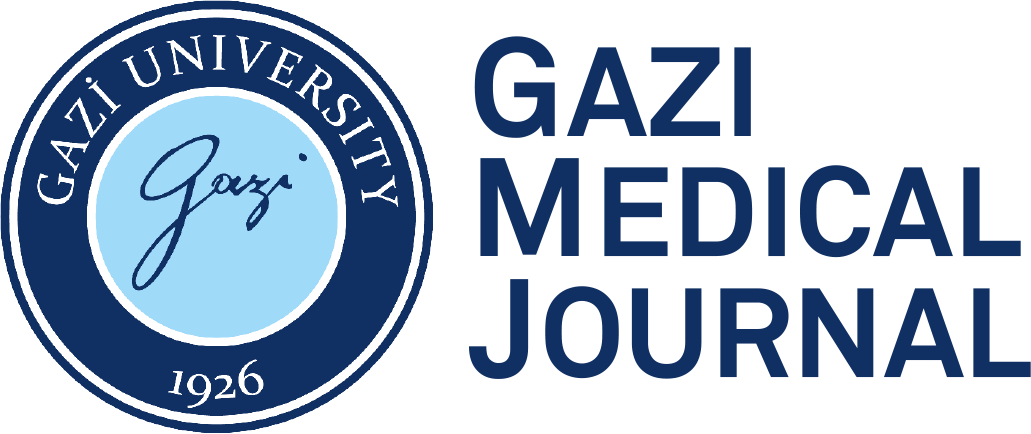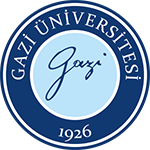ABSTRACT
Hereditary spastic paraplegias (HSPs) are a heterogeneous group of inherited neurodegenerative disorders leading to progressive spasticity of the lower limbs. HSPs are divided into autosomal dominant (AD), autosomal recessive (AR) and X-linked (XL) forms. ARHSPwith thin corpus callosum (TCC) is a frequent subtype characterized by progressive spastic paraparesis, cognitive impairment and thin corpus callosum. We report a 16 years old male patient presented with weakness and paraplegia of lower limbs and mental retardation. He had near normal motor and mental development until 11 years of age, afterwards he had progressive cognitive and learning impairment also difficulty in walking. His neurological examination revealed hyperreflexia, increased tonus and severe sapasticity of lower extremities, contractures in toes, ankles and knees. He also had extensor plantar responses, bilateral pes cavus. His cranial MRI showed thin corpus callosum. His genetic test result showed delE39 in SPG11 gene.



